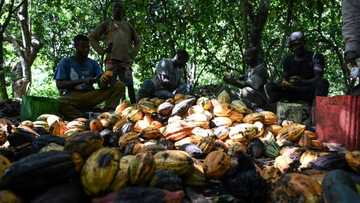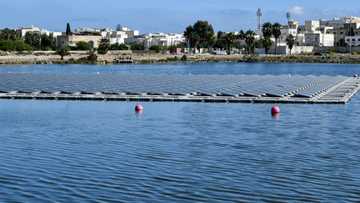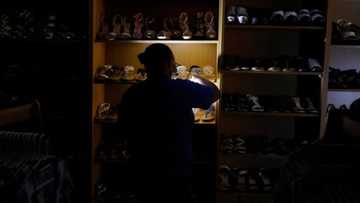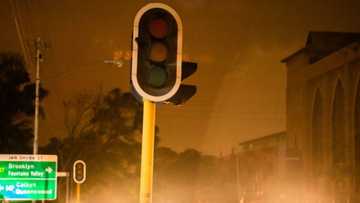South Africans Pay a Lot More for Electricity Than Neighbouring Countries, Eskom Plans 20.5% Tariff Hike
- Eskom, South Africa's state-owned power utility wants to increase electricity tariffs by over 20% in April
- This will mean South Africans will have to pay a lot more for their electricity in addition to dealing with rolling blackouts
- Electricity in South Africa is much more expensive than in neighbouring countries as well as BRICS countries
PAY ATTENTION: Let yourself be inspired by real people who go beyond the ordinary! Subscribe and watch our new shows on Briefly TV Life now!
JOHANNESBURG - South Africa's state-owned power utility Eskom, has had issues with power generation for over a decade which led to the implementation of loadshedding to lessen the strain on the grid.
In addition to rolling blackouts, South Africans have had to come to terms with electricity getting more and more expensive throughout the years. Eskom now wants to increase electricity tariffs by 20.5% in April this year.
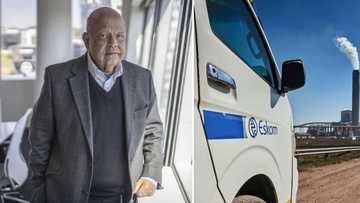
Read also
Public Enterprises Minister Pravin Gordhan solves Eskom’s diesel problem pushing back risk of grid collapse
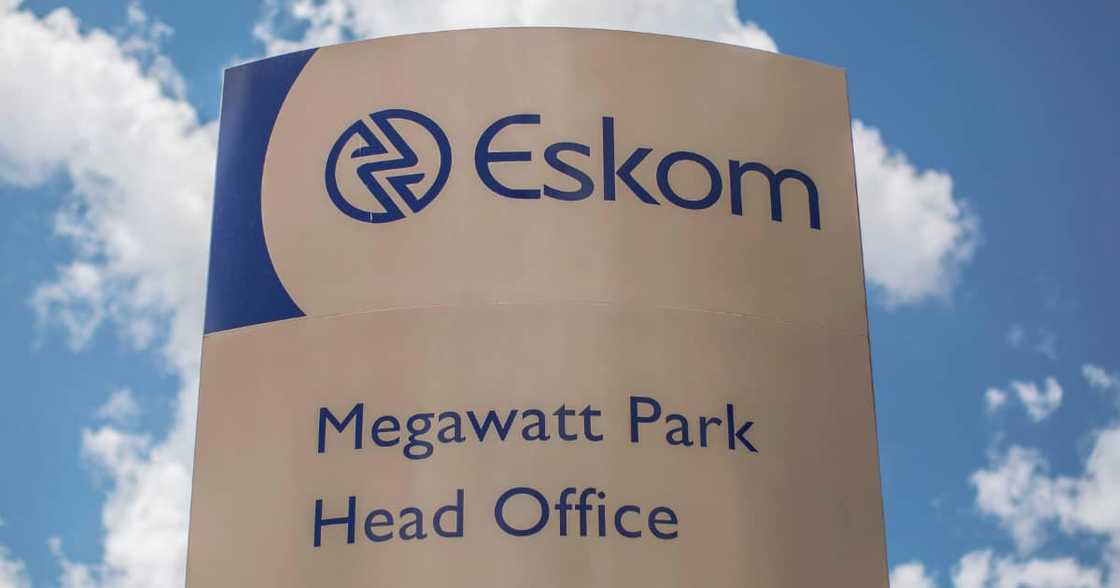
Source: Getty Images
Eskom has proposed the new tariff increase to the National Energy Regulator of SA (Nersa) and stated that the tariff increase is influenced by two factors that are beyond the control of the power utility.
Eskom listed the carbon tax that gradually increases on a yearly basis as well as the requirement to increase the buying of energy from independent power producers, as the main reasons for the tariff increase, according to Fin24.
PAY ATTENTION: Сheck out news that is picked exactly for YOU ➡️ find the “Recommended for you” block on the home page and enjoy!
How Nersa determines electricity tariff increases
Nersa uses a very complex methodology to calculate tariff hikes. Eskom's application to increase tariffs was actually submitted in 2021, however, Nersa stated that it planned on changing its methodology and therefore Eskom's application was thrown out.
When calculating, Nersa looks at how much the power utility can reasonably earn from customers if it runs efficiently. Nersa has rarely granted Eskom the full tariff hike it seeks on the basis that the power utility is not exactly functioning efficiently.
Electricity prices in SA compared to Southern African countries
It is important to note that Eskom does not only supply electricity to South Africa but also supplies power to seven Southern African countries. These countries are namely Botswana, eSwatini, Lesotho, Zambia, Zimbabwe and Mozambique, reports 702.
While Eskom supplies these countries with electricity, these countries are rarely affected by the same issues that plague South Africa in terms of power generation and do not pay the same amount of money for their electricity as South Africans.
The reason for these countries not paying the same amount could be attributed to the fact that Eskom is not the only power utility that supplies these countries with their electricity.
In general, South Africans pay a lot more for electricity than their neighbouring countries. The Global Petrol Prices website has a section dedicated to how much different countries pay for electricity per kilowatt-hour(kWh). Mzansi's electricity per kWh is R2.558 according to the latest information available.
This means South Africans pay 45cents more for electricity than the global average, which is currently R2.109 per kWh.
When it comes to neighbouring countries, South Africans pay the most amount of money for electricity with Zimbabwe charging the least for electricity at R0.525 per kWh.
Coming in second is Mozambique which sells electricity at R 2.164 per kWh, followed by Namibia which sells electricity at R 1.935 per kWh. In fourth and fifth place is eSwatini and Botswana which sell electricity at R 1.749 and R 1.592 per kWh respectively. Lesotho sells electricity for R 1.537
Mzansi's electricity prices compared to BRICS countries
According to BusinessInsider, electricity in South Africa is also generally more expensive than in BRICS countries with Russian selling electricity at the cheapest price of R 0.919 per kWh.
Brazil comes in at a close to Mzansi and citizens pay R 2.161 per kWh, followed by India at R 1.187 per kWh. China sells electricity at R 1.376 per kWh.
In comparison to other countries around the globe South Africa charges considerably less for electricity with countries such as the United Kingdom, Bermuda and Jamaica that charge more than R4 per kWh for electricity. Bermuda charges the most for electricity and charges R 5.693 per kWh.
Should Eskom be granted to allowance to increase electricity tariffs by over 20% in April, South Africans could see themselves paying a lot more for electricity and surpassing neighbouring and BRICS countries considerably.
Organisations have called on Nersa to not grant Eskom the tariff increase it seeks. The biggest argument has been that a 20.5% increase is first, above the inflation rate and secondly, a lot of South Africans would not be able to afford electricity if the hike is granted.
Other groups find it unfair that South African consumers have to pay for Eskom and the government's mistakes through these tariff hikes.
Eskom debunks claims R4 billion was accidentally paid to a supplier, South Africans are not buying it
Briefly News previously reported that Since the conviction of Sibongile Mani for theft of the money she spent after NSFAS accidentally paid R14 million into her bank account, a social media post has been making the rounds claiming that the same thing happened at Eskom.
The post in question seems to have been written by someone who goes by the alias Bass Kruger. Kruger alleges that Eskom made the same mistake as NSFAS and accidentally paid R4 billion to coal supplier Quinton van der Burgh.
Unlike Mani, Eskom allegedly did not pursue any legal action to retrieve the funds and van der Burgh bore no consequences. Eskom has come out to refute the claims made in Kruger's post.
PAY ATTENTION: Сheck out news that is picked exactly for YOU ➡️ find the “Recommended for you” block on the home page and enjoy!
Source: Briefly News

